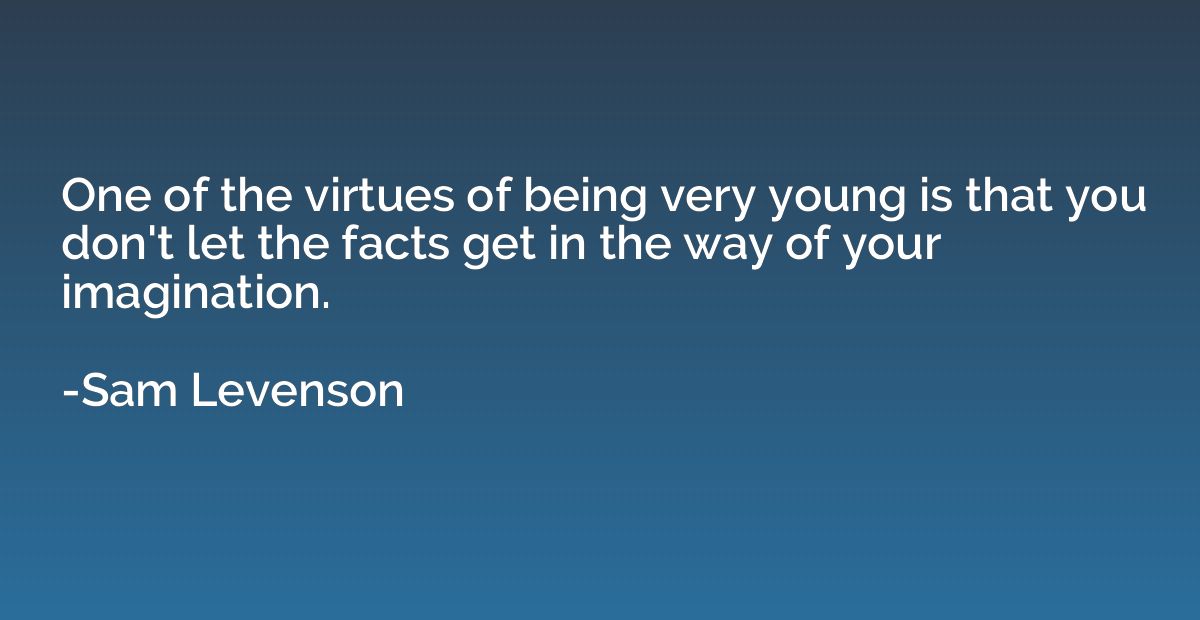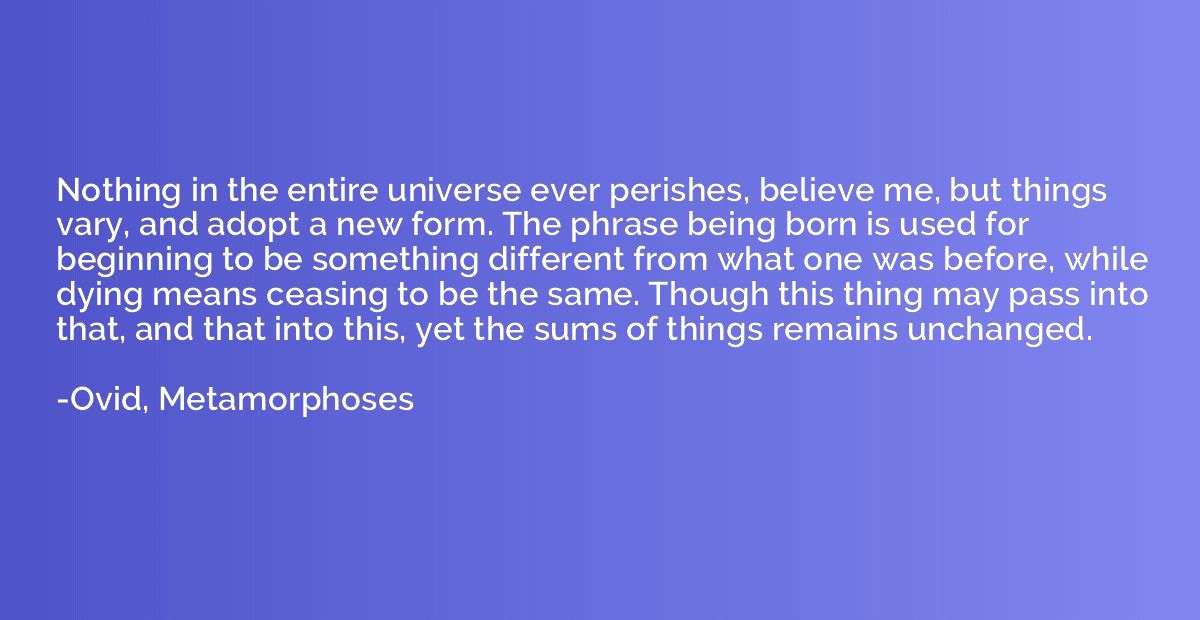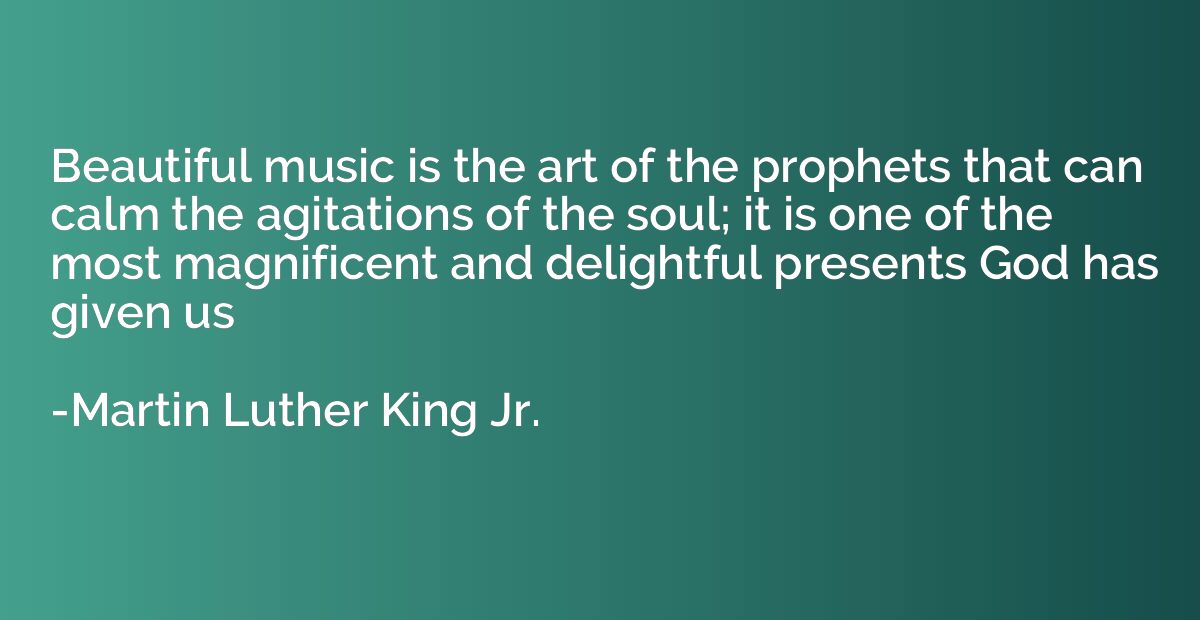Quote by Robbie Coltrane
The person who comes up to you and makes the most noise and is the most intrusive is invariably the person in the room who has no respect for you at all, and it's really all about them.

Summary
This quote suggests that individuals who are loud, intrusive, and seek attention are often the ones who lack respect for others. Their behavior stems from self-centeredness, as they prioritize their own needs and desires without considering the feelings or boundaries of those around them. The quote emphasizes that their actions are driven by a desire to draw attention to themselves rather than to foster genuine connections or show respect for others.














